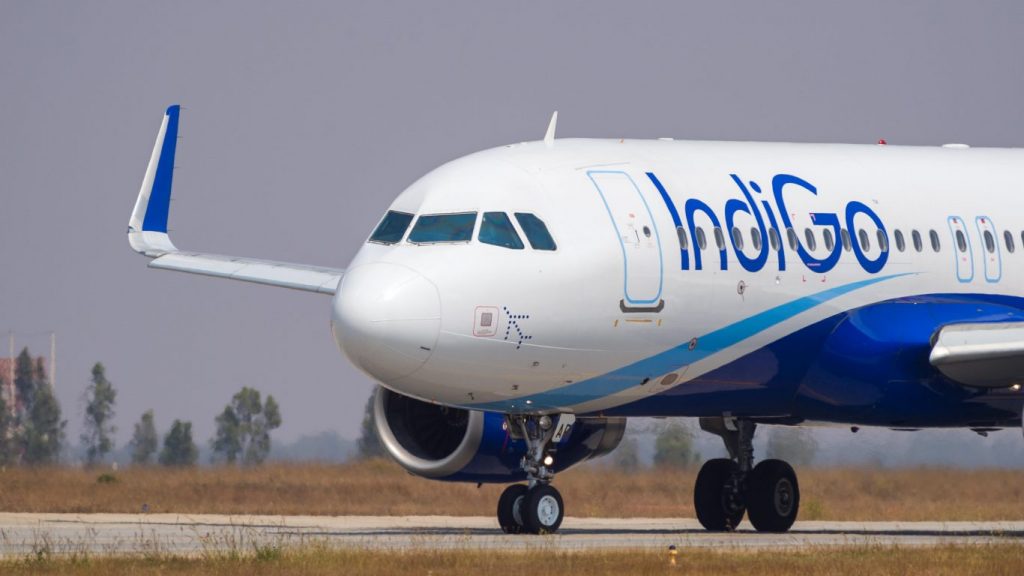Mumbai: An IndiGo Airbus A321 aircraft’s tail touched the runway amid bad weather, as it powered up for a low-altitude go-around manoeuvre in Mumbai Saturday, according to the airline.
Instead of attempting to land in less-than-ideal conditions, airline pilots frequently opt for a go-around.
“On August 16, 2025, an IndiGo Airbus A321 aircraft tail touched the runway while executing a low-altitude go-around due to unfavourable weather conditions in Mumbai. Thereafter, the aircraft carried out another approach and landed safely,” an IndiGo Spokesperson said in a statement.
The Airline said that it will follow all the guidelines before the aircraft resumes operation.
Following the standard protocol, the aircraft will go through necessary checks/ repairs and regulatory clearance before resuming operations, the Spokesperson said.
“At IndiGo, the safety of our customers, crew, and aircraft is our top priority. We are making all efforts to minimise any subsequent impact on our operations due to this incident.” IndiGo Spokesperson stated.
The Directorate General of Civil Aviation (DGCA) sent IndiGo a show-cause notice earlier last week for training 1,700 pilots to operate at three crucial airports with challenging runway conditions that necessitate specialised aircraft handling to ensure safe landings and takeoffs using “non-qualified simulators.”
According to the show cause notice, IndiGo used unqualified simulators to train flight commanders and first officers in Category C (Critical) airfields.
An examination of IndiGo’s simulator training data revealed that several Full Flight Simulators used for testing, training, or inspecting airfields like Kozhikode, Leh, and Kathmandu were not qualified or approved for the particular airport models as required by the Civil Aviation Rules (CAR), as per DGCA.
IndiGo has violated the CAR provisions by neglecting to guarantee that training pertaining to Class III (critical) airports is conducted using suitably qualified simulators, the notice stated.
IANS
